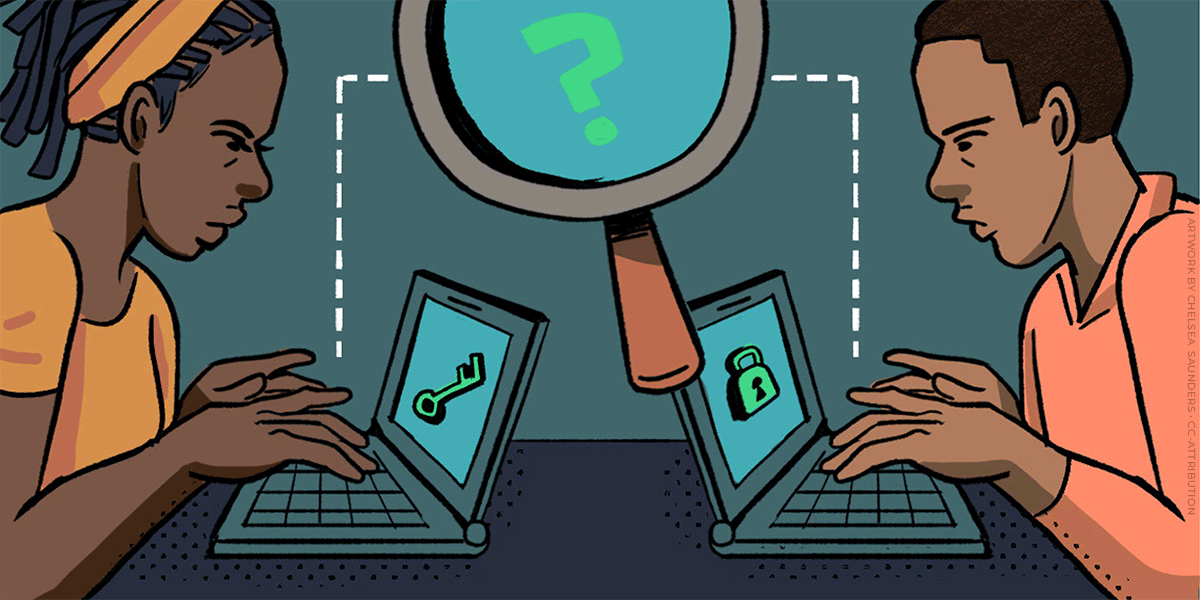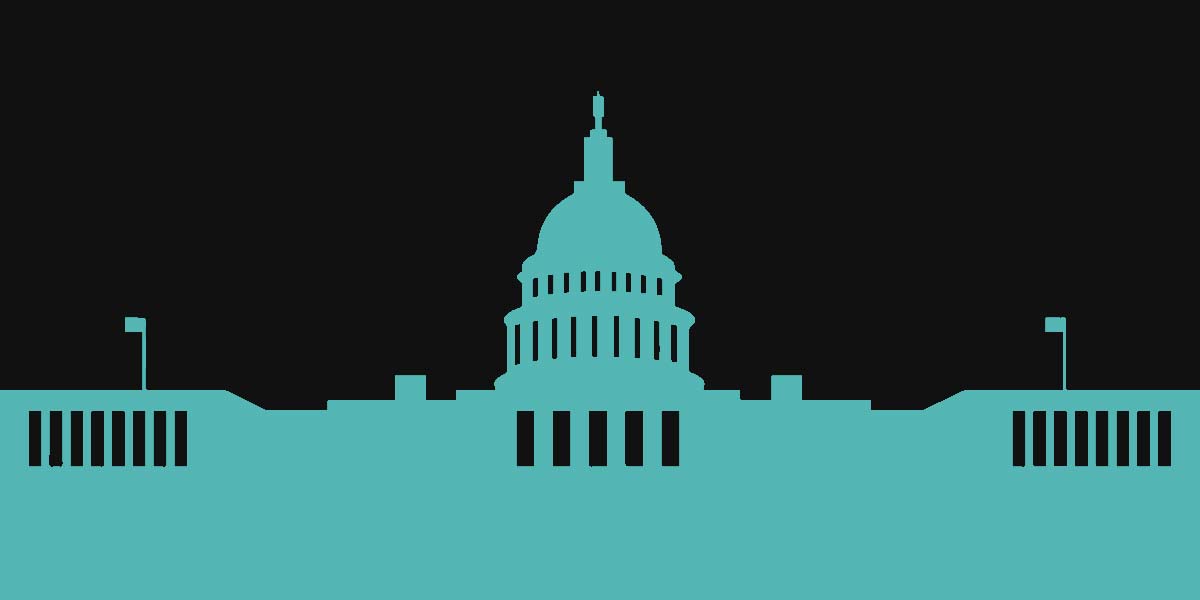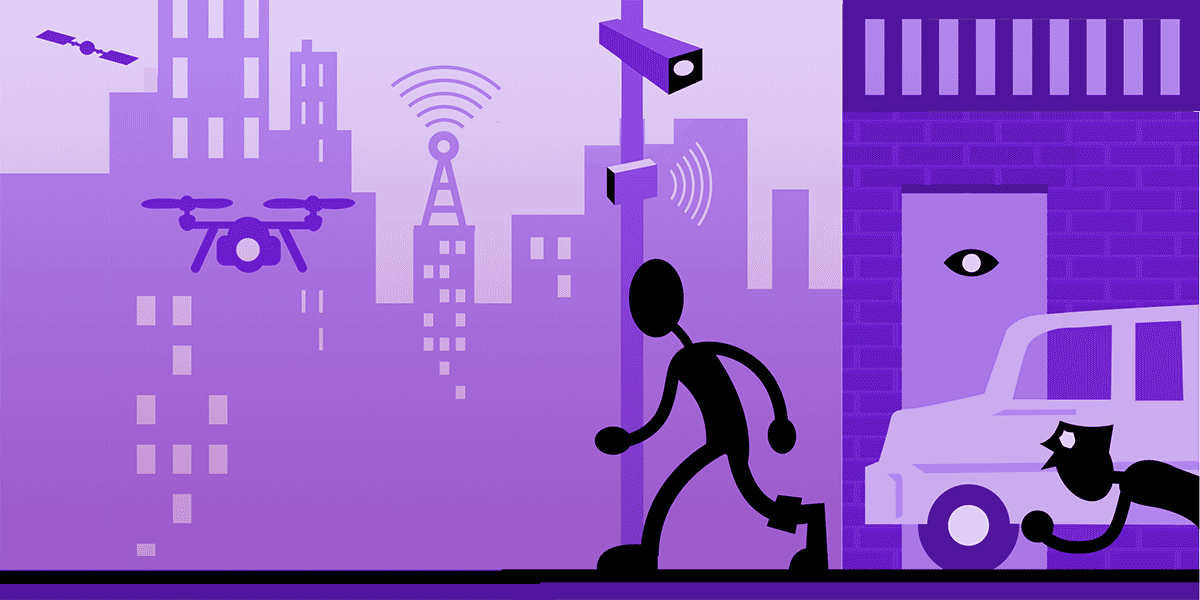Canada’s Leaders Must Reject Overbroad Age Verification Bill
Canadian lawmakers are considering a bill, S-210, that’s meant to benefit children, but would sacrifice the security, privacy, and free speech of all internet users. First introduced in 2023, S-210 seeks to prevent young people from encountering sexually explicit material by requiring all commercial internet services that “make available” explicit content to adopt age verification […]
Continue Reading







